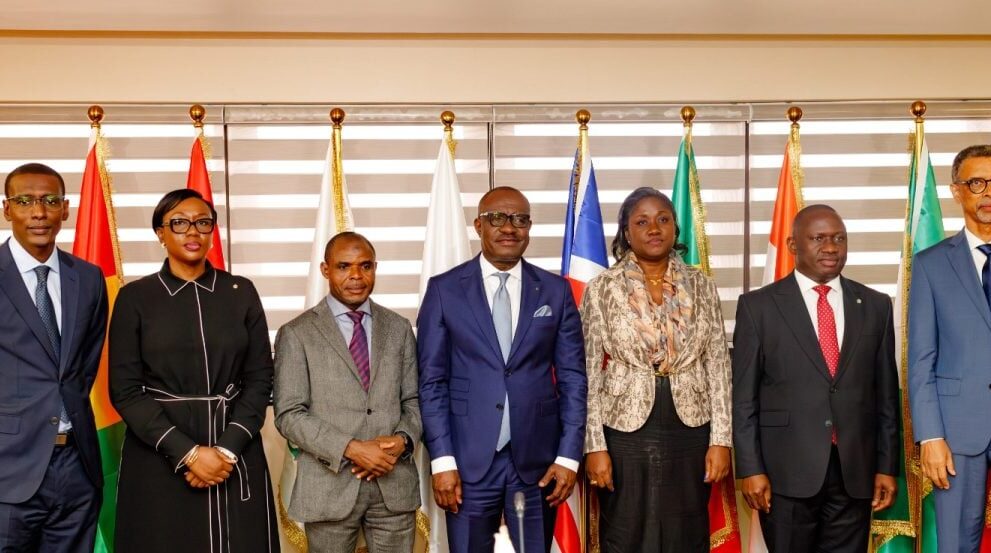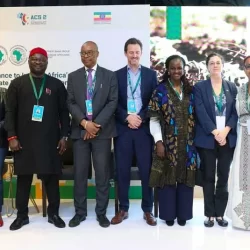Lomé, Togo – The ECOWAS Bank for Investment and Development (EBID) has approved over $308 million in new financing, marking a significant commitment to accelerating clean energy, industrial growth, and regional integration across West Africa.
The decision, made at the Bank’s 93rd Ordinary Session on September 29, 2025, underscores EBID’s pivotal role in steering the sub-region toward a more sustainable economic trajectory.
Dr. George Agyekum Donkor, President and Chairman of the Board of Directors, emphasized that the sanctioned projects reflect a mandate to deepen economic diversification and build resilience. “Our focus is to provide catalytic financing that enables both public and private sector players to deliver transformative initiatives, building resilience and opportunity across the sub-region,” he stated.
Nigeria Dominates Funding for Transformative Projects
The majority of the financing is concentrated on four strategic initiatives, with a substantial focus on Nigeria’s Taraba State:
- Solar Power Plant: The largest allocation, $98.18 million, will finance a 50 MW Solar Photovoltaic Power Plant in Taraba State. This aims to tackle energy poverty, providing direct electricity access to an estimated 390,000 people and improving reliability for public institutions. It is projected to create hundreds of jobs during construction and operation, supporting the region’s climate-conscious transition.
- Agro-Industrial Complex: A total of $79.219 million has been earmarked for developing a modern rice processing complex and a 10,000-hectare irrigated rice production unit in the same state. This initiative directly supports Nigeria’s ambition for food self-sufficiency, aiming to reduce reliance on imports and strengthening the agro-industrial sector.
- Industrial Park: An investment of $91.232 million will go towards a new integrated industrial park in Taraba. This ecosystem is designed to accelerate local industrialisation, attract investment, and foster the development of new manufacturing value chains, a crucial step for Nigeria to diversify its economy beyond hydrocarbons.
Bolstering Trade and Private Sector Engagement
Beyond the large-scale infrastructure projects in Nigeria, the funding package includes:
- Trade Finance for Guinea: A $40 million line of credit will be extended to Vista Bank Guinea. These funds are intended to bolster trade-related activities, supporting import-export operations and strengthening commercial value chains critical to Guinea’s economic base. The credit line is expected to benefit over 100 enterprises and generate several thousand direct and indirect jobs, particularly for youth and women.
The investments collectively demonstrate EBID’s holistic approach to development, aligning closely with the United Nations Sustainable Development Goals (SDGs). By targeting clean energy (SDG 7), zero hunger (SDG 2), and industrial innovation (SDG 9), the Bank is directly addressing the structural challenges of energy poverty and food insecurity that have historically constrained West Africa’s economic performance.
The focused investment in Nigeria’s Taraba State is seen as a commitment to creating an integrated model—combining clean energy, agriculture, and industrialization—that could be replicated across the ECOWAS region, setting the stage for a more resilient and sustainable future.




